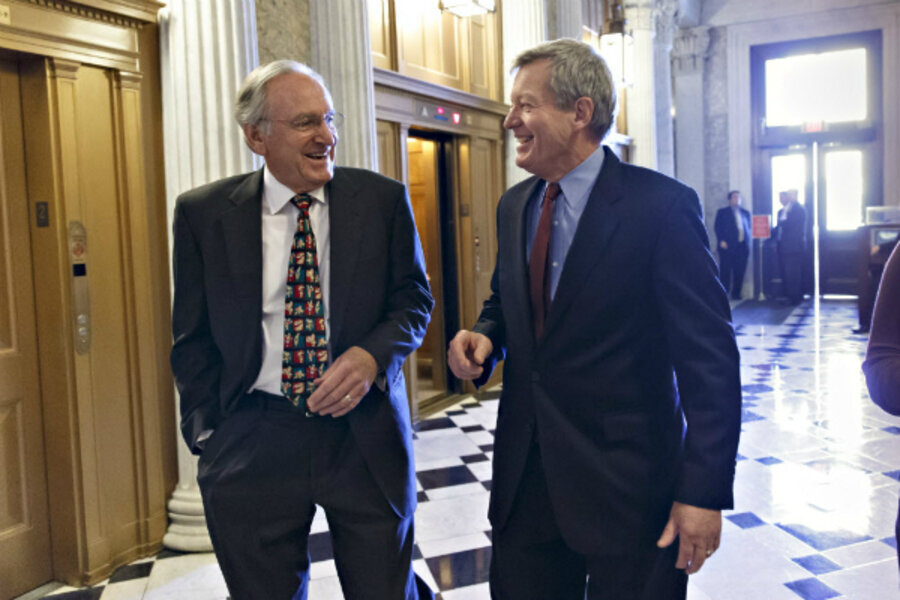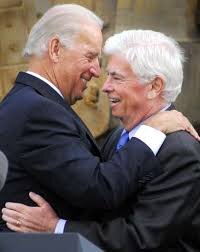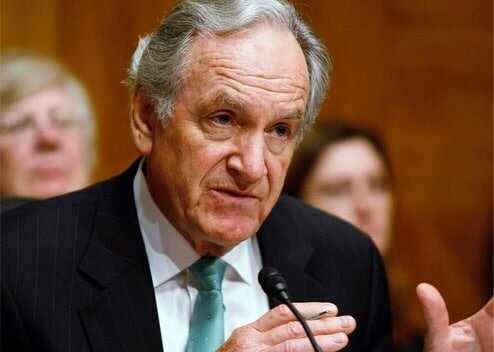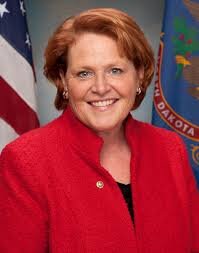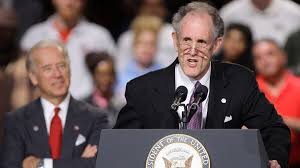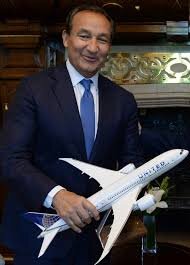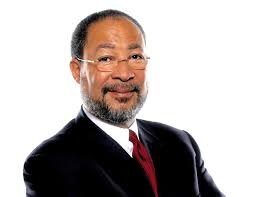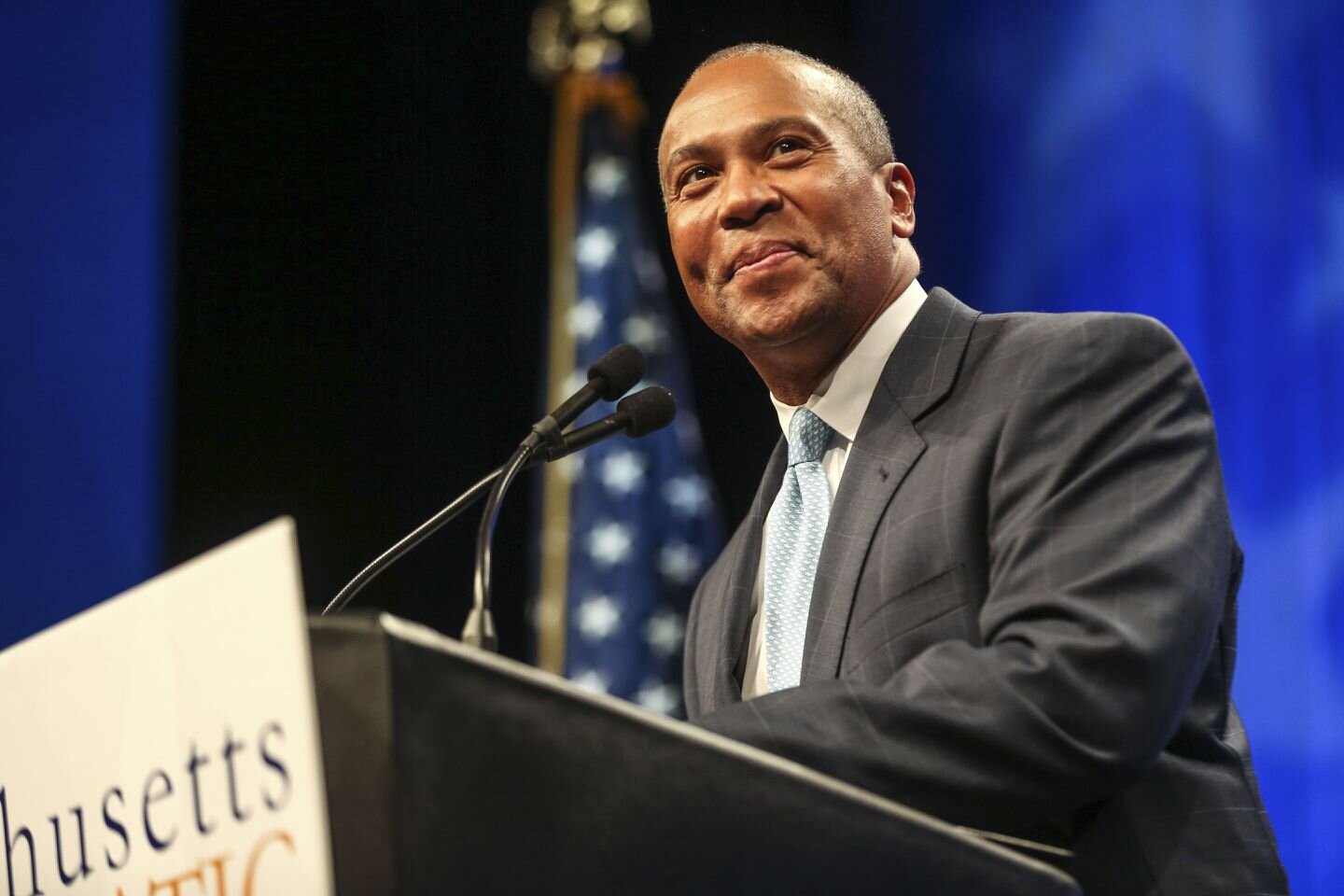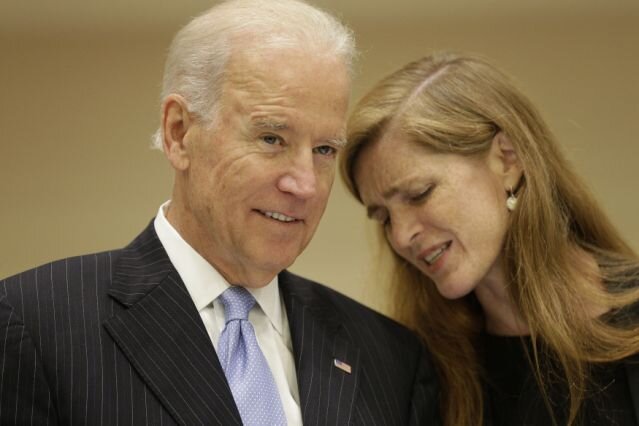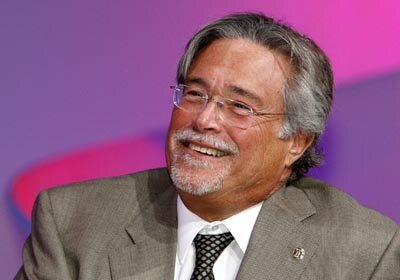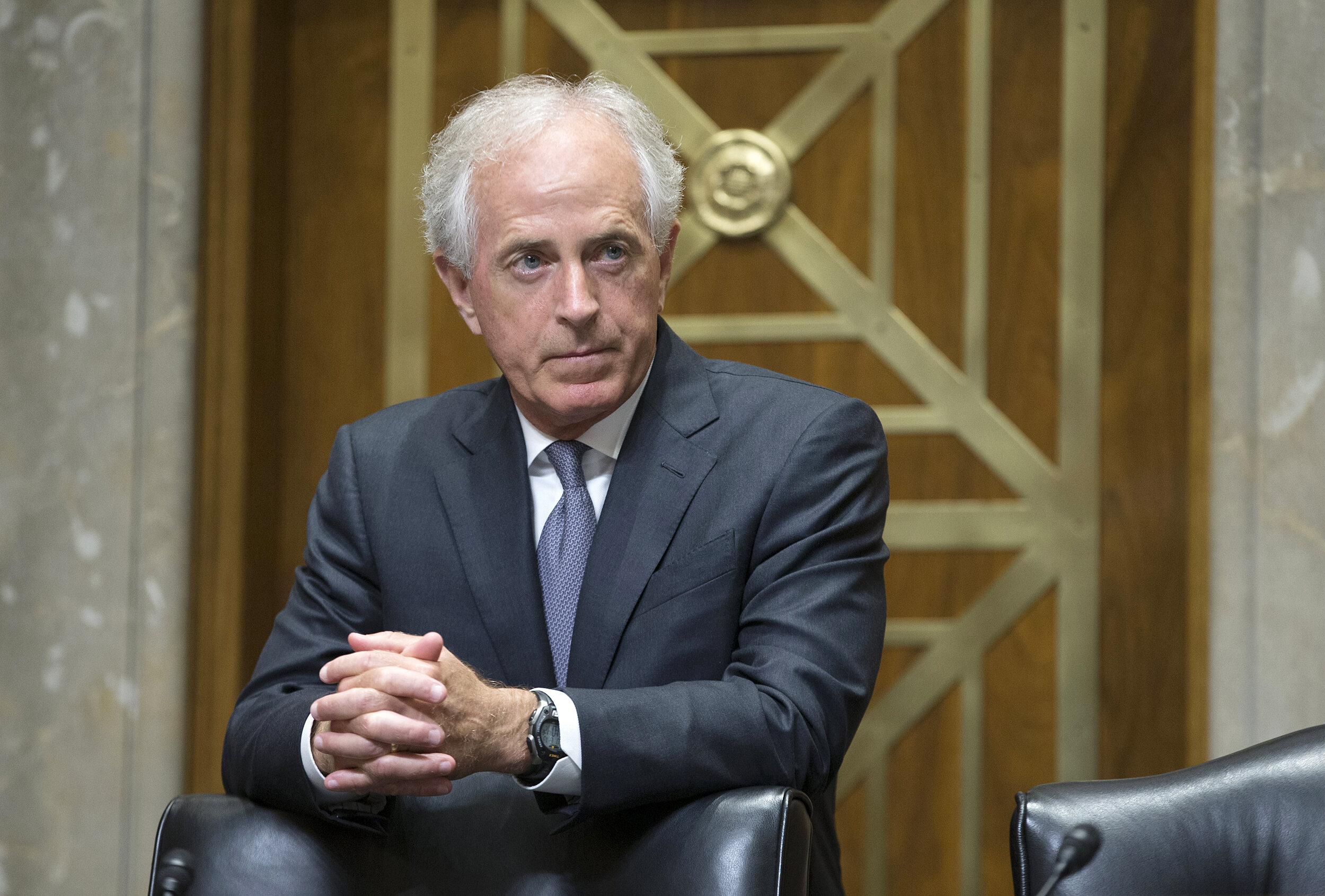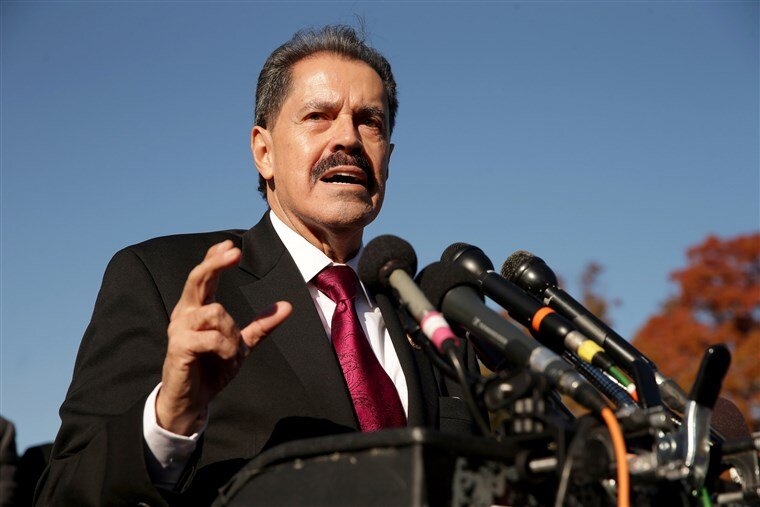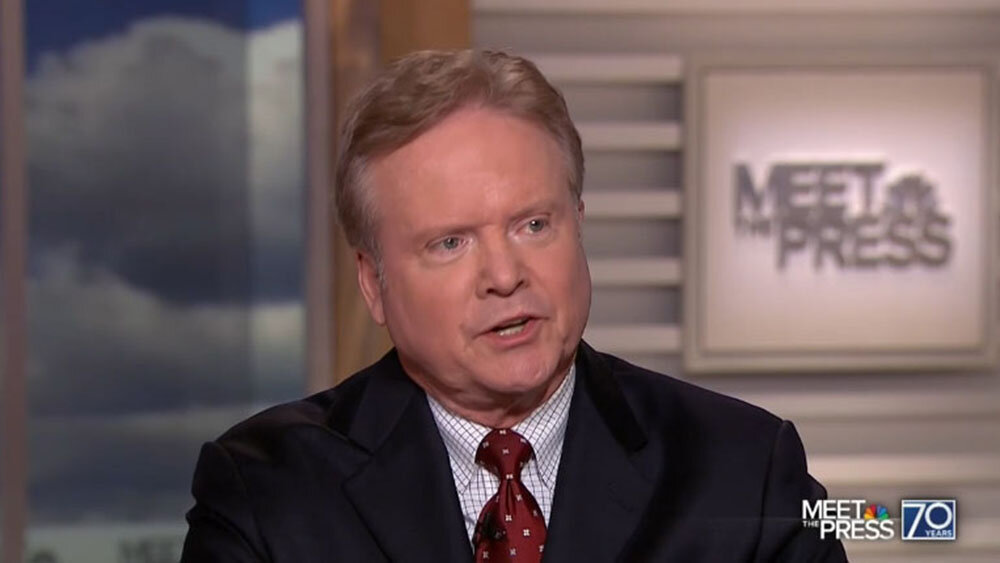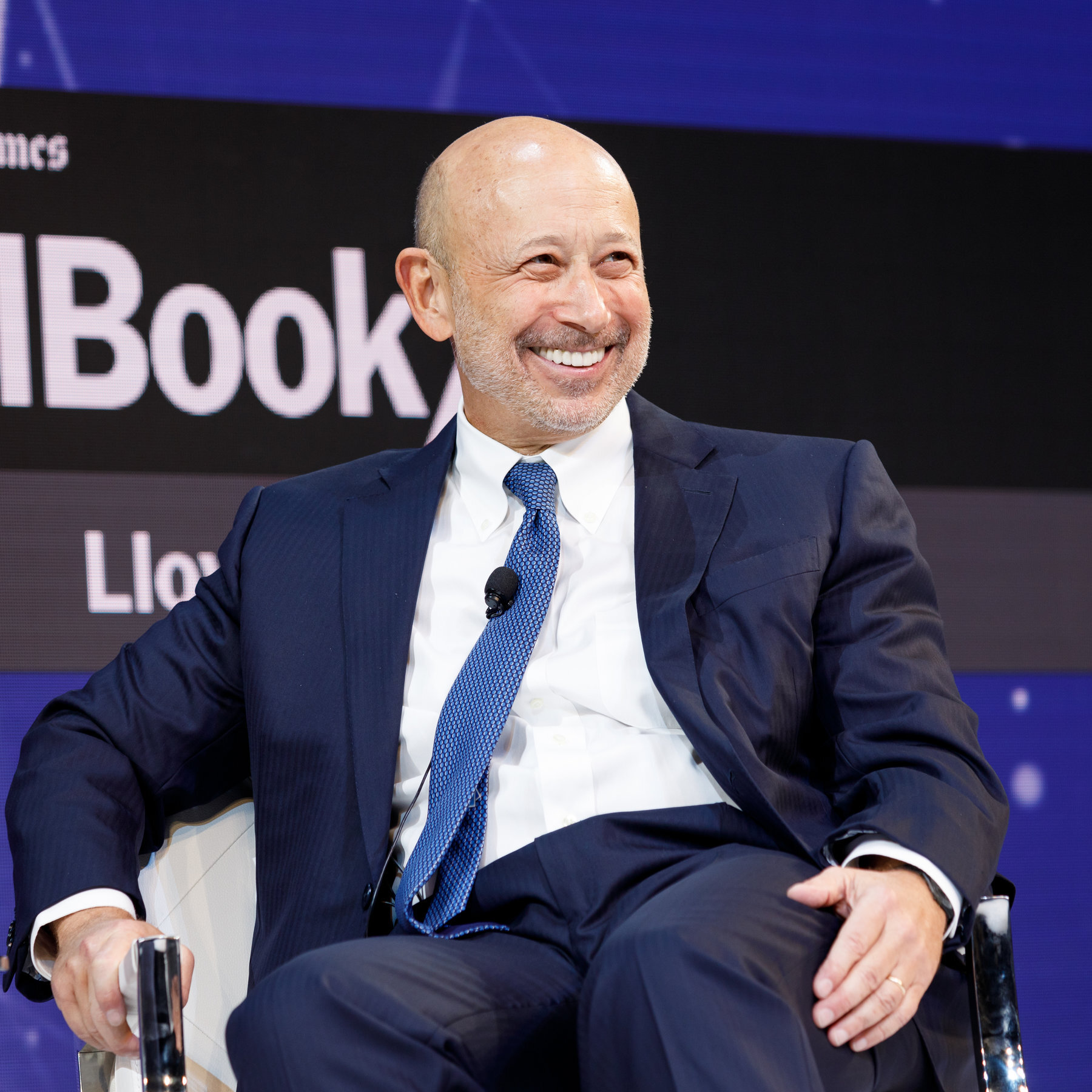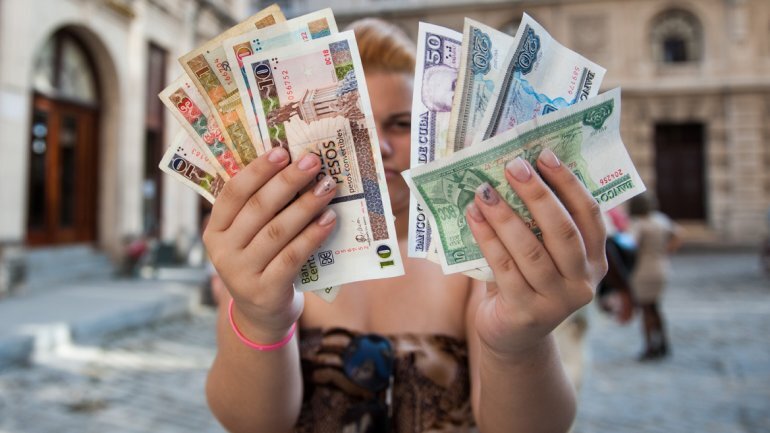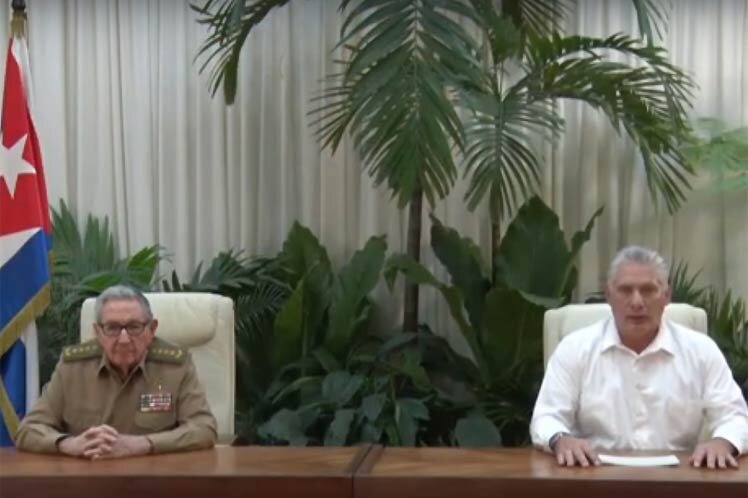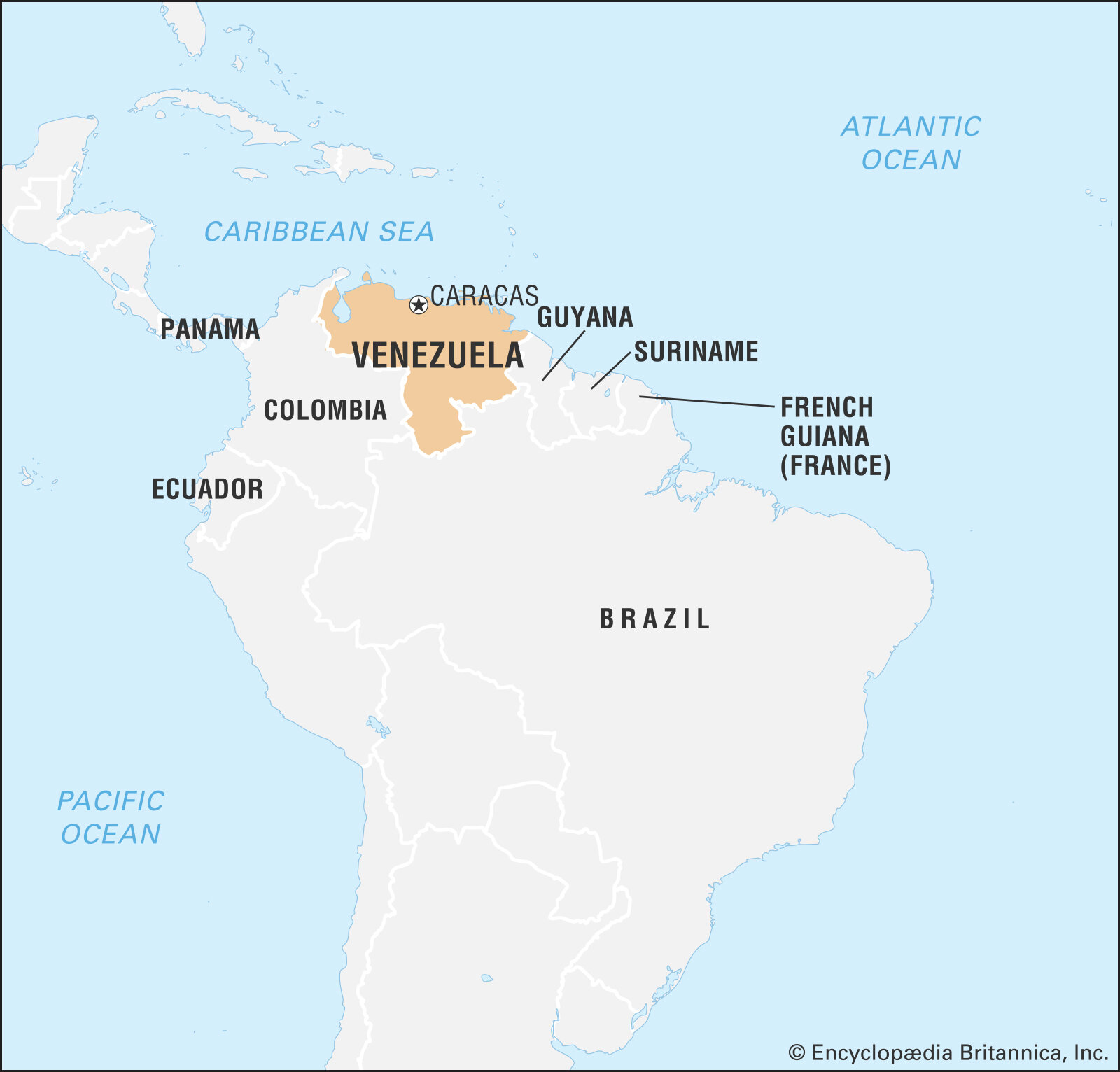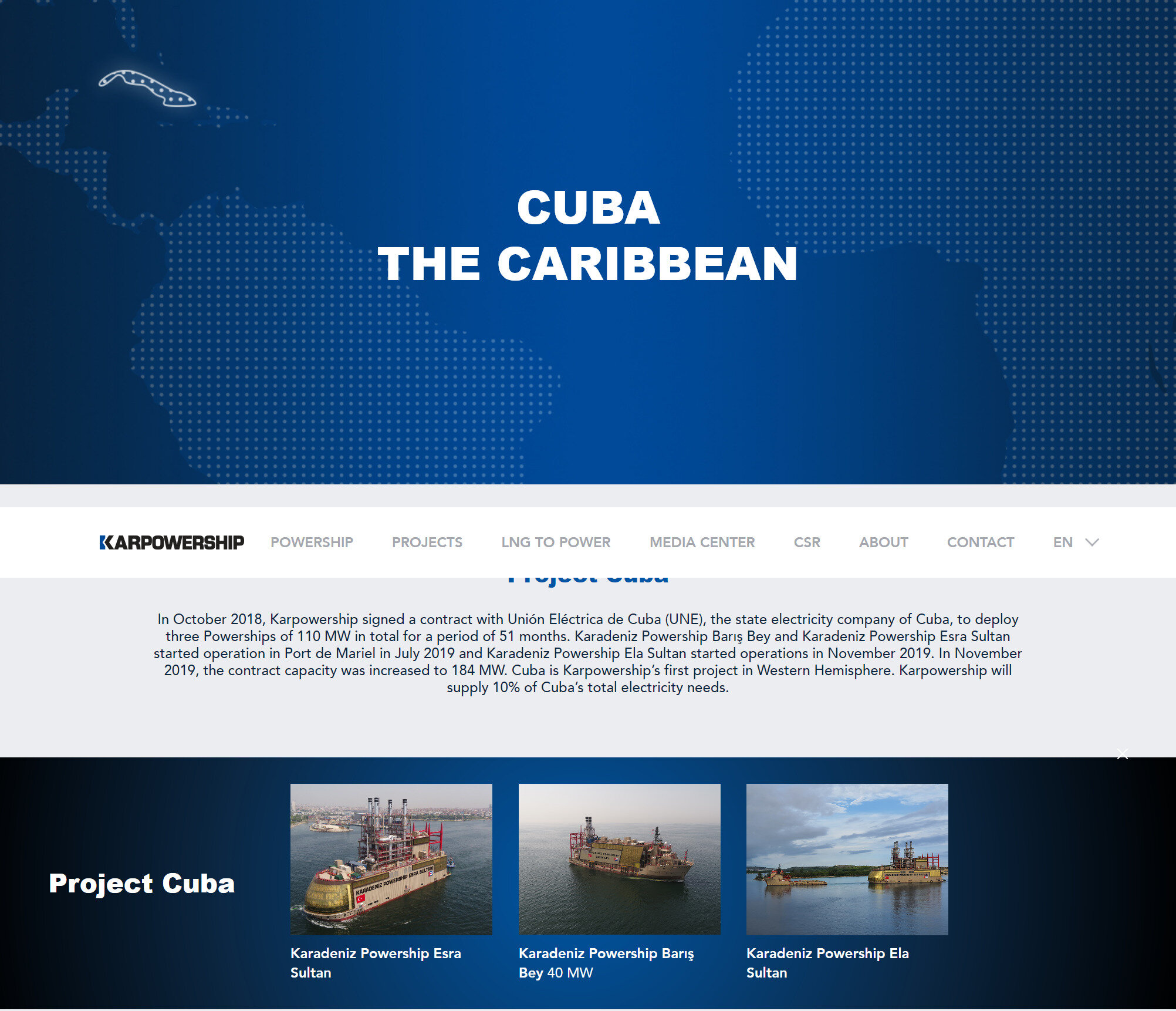It is Possible…
The [Joseph] Biden Administration begins at 12:00 pm on Wednesday, 20 January 2021. On that day there is expected to be a signing flurry of executive orders and executive actions, among them could be a fifteen-day notification transmitted to the required committees of the United States Congress.
As soon as Thursday, 4 February 2021, the Biden Administration could suspend again Title III of the Cuban Liberty and Democratic Solidarity Act of 1996 (known as “Libertad Act”) which had been implemented by the Trump Administration on 2 May 2019 after lying dormant since 1996, twenty-four years, and through three-and-a-half United States presidencies.
If the Biden Administration removes Title III as a legal tool for the 5,913 certified claimants, the Biden Administration must then engage promptly and directly with the government of the Republic of Cuba to negotiate a settlement for the US$1,902,202,284.95 in certified claims.
Title III authorizes lawsuits in United States District Courts against companies and individuals who are using a certified claim (there are 5,913) or non-certified claim (estimate ±200,000) where the owner of the certified claim or non-certified claim has not received compensation from the government of the Republic of Cuba or from a third-party who is using (“trafficking”) the asset.
There does not exist a consensus from Title III lawsuit attorneys representing plaintiffs and defendants who believe that Title III will again be suspended by the Biden Administration.
A suspension would not impact the already filed thirty (30) Title III lawsuits. For any of the 5,913 certified claimants who have yet to file and the unknown number of non-certified claimants who have yet to file, they would find the courthouse doors closed to them. Thus far, eleven (11) certified claimants have filed lawsuits and eighteen (19) non-certified claimants have filed lawsuits. Four of the lawsuits are at Courts of Appeals.
No judgements have been rendered because the lawsuits have not reached the trial stage. The lack of judgements is no reflection upon the merits of the lawsuits. The recovery of damages has yet to be attempted. The process is complex when non-United States-based companies are involved, but specialist asset trackers exist for such purposes, and they tend to try to enforce judgments in third countries where no administrative obstacles are in place, and the recognition and enforcement of United States court awards is reciprocally agreed.
There are nearing two hundred attorneys from sixty-seven law firms representing more than one hundred plaintiffs and defendants in Title III lawsuits; and the nearing sixty defendants are from twenty-eight countries. LINK To Libertad Act Lawsuit Statistics
For companies who are prepared to be a defendant(s) in Title III lawsuits, this may be a moment to have counsel review the existing thirty lawsuits and create defenses based upon court rulings thus far.
Some of the initial lawsuits filed included the names of many plaintiffs and many defendants, a means to avoid the individual lawsuit filing fee of US$6,548.00. Subsequently, some of the lawsuits removed plaintiffs and defendants, but with a basis to refile. Not unthinkable for newly-filed lawsuits in advance of another suspension of Title III lawsuits to contain dozens or hundreds of plaintiffs and defendants as a means of protecting the Title III filing rights of plaintiffs- and resulting in both defendants and potential defendants to invest considerably in legal counsel in preparation of defending against a lawsuit that may never materialize. Once filed, plaintiffs are protected. Once filed, defendants become potentially liable.
Some current defendants and probable defendants who are located within member countries of the European Union (EU) are challenged as the European Commission (EC) governing body has yet to provide (now six months and counting) official guidance as to how, and if, the EC will permit a defense to be offered in United States courts. Thus far, United States courts have, when requested by defendants, placed proceedings on hold pending a decision by the EC. The EC may await the Biden Administration to provide its response to United States courts.
For those plaintiffs who have yet to file their lawsuit(s) now may be the moment to identify counsel or inform existing counsel that the required documents should be prepared and ready to deliver to the court. And, put aside the court filing fee of US$6,548.00.
For plaintiff attorneys, also may be the moment to be prepared to file lawsuit(s) as missing an opportunity during what could be a fifteen-day window could subject them to lawsuits by their clients for a variety of issues including malpractice. Decisions include this risk analysis: spend the money to file a Title III lawsuit absent other case court rulings which could impact the lawsuit, move forward absent complete evidence versus a potential judgement or settlement in the millions, tens of millions, or hundreds of millions of dollars.
Thus far, after nearing nineteen months since the first Title III lawsuit was filed, in none of the thirty Title III lawsuits has a United States court ruled in favor of a plaintiff and awarded damages nor has there been reported out-of-court settlements.
Some attorneys currently representing plaintiffs in Title III lawsuits report they have “hundreds” of lawsuits ready to proceed. The two primary reasons for lawsuits not having been filed a) potential plaintiffs want to follow to disposition the currently-filed thirty Title III lawsuits, some of which remain in District Courts and others at Courts of Appeals and b) the often complicated process of identifying assets in the United States which could be sought from defendants and is particularly challenging when prospective defendants are non-United States-based companies and/or Republic of Cuba government-controlled entities.
Are there reasons for the Biden Administration to immediately suspend Title III of the Libertad Act? No, there are not. At least not now. This is particularly true through the political spectrum judging by the 3 November 2020 election results in the state of Florida, where the Democratic Party lost the presidential race and congressional races it had expected (or hoped) to win. Outside of the United States, why unilaterally disarm and suspend Title III when it could be used as leverage by the Biden Administration in negotiations with the EU, Republic of Cuba, other countries, and the United States Congress?
There are thirteen members (three in the Senate and ten in the House of Representatives) in the 117th United States Congress who would meaningfully oppose any suspension of Title III- they are of Cuban descent.
To date, there is no public consensus by the 5,913 certified claimants as to a position about maintaining the implementation of Title III or supporting a suspension of Title III. Eleven certified claimants have thus far filed lawsuits using Title III.
A reason to consider a second suspension would be if the Republic of Cuba officially and publicly conveyed that with a second suspension of Title III, it would immediately agree to direct time-constrained negotiations to resolve payment of approximately US$1.9+ billion to US$8.7+ billion to the 5,913 certified claimants. To date, that conversation has not been confirmed.
Inexplicably, the Republic of Cuba failed from 2017 through 2020 to negotiate compensation with any of the United States-based companies who though certified claimants, engaged with the Republic of Cuba: Bethesda, Maryland-based Marriott International; Denver, Colorado-based Western Union Company; Atlanta, Georgia-based Delta Air Lines; and Boston, Massachusetts-based General Electric Company among others. Private settlements are permitted by the Libertad Act- and there is one high-profile example.
Those supporting suspension of Title III base their primary argument upon belief that implementation of Title III and continued use of Title IV travel visa notification letters negatively and unnecessarily impacts the relationship between the United States and the EU and other countries, including allies of the United States. Nearing two years after Title III was no longer suspended, there have been no tit-for-tats by any government having a company within its jurisdiction impacted by a Title III lawsuit. There will likely be a response from the EU should there be a court decision and then an effort to collect on a judgement against a defendant. Unknown if that response from the EU would be enforceable.
There is also a relatively new development with respect to connectivity amongst constituencies who have an interest in the expropriation of property without compensation. Individuals of Cuban descent are increasingly, and successfully, equating the expropriation of assets in the 1960’s by the Republic of Cuba with the expropriation of assets from individuals of Jewish descent in the 1930’s and 1940’s by Germany (and Axis allies). Politicians and judges pay attention to that connectivity. The Biden Administration designees for United States Secretary of State and United States Secretary of the Treasury are of the Jewish faith. The Biden Administration designee for United States Secretary for Homeland Security is of the Jewish faith and of Cuban descent.
There will be approximately thirty-seven (37) members of the Jewish faith in the 117th United States Congress; nine in the United States Senate and thirty-five in the United States House of Representatives. There are thirteen (13) members of Cuba descent (three in the Senate and ten in the House of Representatives) in the 117th United States Congress who would meaningfully oppose any suspension of Title III. A cohesive voting block of twelve in the United States Senate and forty-five in the United States House of Representatives could have substantial legislative impact regardless of the subject.
The most consistent rationale shared by plaintiff attorneys and defendant attorneys for not again suspending Title III 1) nothing to gain from suspending as the EU/EC, where many non-United States defendants are located, have not taken any meaningful measures as of yet, so the Biden Administration would eliminate an opportunity for a quid pro quo 2) no compelling legal or policy reason not to await final dispositions of the thirty lawsuits filed 3) as long as Title III is active, it remains a bargaining tool for the Biden Administration, so why loose it prematurely and 4) there is no domestic political pressure to re-suspend it.
Might Congress Seek Changes To Libertad Act & FSIA
There is increasing discussion among plaintiffs and plaintiff attorneys with member staff and committee staff in the United States Congress about seeking changes to the wording of the Libertad Act as some courts have ruled against plaintiffs on issues of defining “inheritance” and “ownership” and there will be issues of sovereign immunity, which would require changes to wording in the Foreign Sovereign Immunities Act (FSIA) to permit lawsuits and judgement collection against Republic of Cuba government-controlled entities.
The Republic of Cuba should not feel comfort if none of the thirty thus filed Libertad Act Title III lawsuits are successful for the plaintiffs. A result benefiting defendants, particularly Republic of Cuba government-operated companies and non-United States-based companies, would likely require the Biden Administration and United States Congress to endorse 1) bipartisan efforts within the United States Congress to make necessary changes to language in the Libertad Act so that the thirty lawsuits, and an unknown number of others likely to then be filed, would address issues raised in United States Courts and 2) absent the Libertad Act as a tool to provide compensation for the 5,913 certified claimants and absent any meaningful effort by the Republic of Cuba to negotiate a settlement for the 5,913 certified claims, the Biden Administration may be compelled to use coercive commercial, economic and political tools to gain a settlement from the Republic of Cuba, with bipartisan support in the United States Congress.
Libertad Act Suspension Language
SEC. 306. EFFECTIVE DATE.
(a) In General.--Subject to subsections (b) and (c), this title and the amendments made by this title shall take effect on August 1, 1996.
(b) Suspension Authority.--
(1) Suspension authority.--The President may suspend the effective date under subsection (a) for a period of not more than 6 months if the President determines and reports in writing to the appropriate congressional committees at least 15 days before such effective date that the suspension is necessary to the national interests of the United States and will expedite a transition to democracy in Cuba.
(2) Additional suspensions.--The President may suspend the effective date under subsection (a) for additional periods of not more than 6 months each, each of which shall begin on the day after the last day of the period during which a suspension is in effect under this subsection, if the President determines and reports in writing to the appropriate congressional committees at least 15 days before the date on which the additional suspension is to begin that the suspension is necessary to the national interests of the United States and will expedite a transition to democracy in Cuba.
(c) Other Authorities.--
(1) Suspension.--After this title and the amendments of this title have taken effect--
(A) no person shall acquire a property interest in any potential or pending action under this title; and (B) the President may suspend the right to bring an action under this title with respect to confiscated property for a period of not more than 6 months if the President determines and reports in writing to the appropriate congressional committees at least 15 days before the suspension takes effect that such suspension is necessary to the national interests of the United States and will expedite a transition to democracy in Cuba.
(2) Additional suspensions.--The President may suspend the right to bring an action under this title for additional periods of not more than 6 months each, each of which shall begin on the day after the last day of the period during which a suspension is in effect under this subsection, if the President determines and reports in writing to the appropriate congressional committees at least 15 days before the date on which the additional suspension is to begin that the suspension is necessary to the national interests of the United States and will expedite a transition to democracy in Cuba.
(3) Pending suits.--The suspensions of actions under paragraph (1) shall not affect suits commenced before the date of such suspension, and in all such suits, proceedings shall be had, appeals taken, and judgments rendered in the same manner and with the same effect as if the suspension had not occurred.
(d) Rescission of Suspension.--The President may rescind any suspension made under subsection (b) or (c) upon reporting to the appropriate congressional committees that doing so will expedite a transition to democracy in Cuba.
Libertad Act Background
The Trump Administration has made operational Title III and further implemented Title IV of the Cuban Liberty and Democratic Solidarity Act of 1996 (known as “Libertad Act”).
Title III authorizes lawsuits in United States District Courts against companies and individuals who are using a certified claim or non-certified claim where the owner of the certified claim or non-certified claim has not received compensation from the Republic of Cuba or from a third-party who is using (“trafficking”) the asset.
Title IV restricts entry into the United States by individuals who have connectivity to unresolved certified claims or non-certified claims. One Canada-based company and one Spain-based company are known subjects to Title IV based upon a certified claim and non-certified claim.
Libertad Act Suspension History
Title III has been suspended every six months since the Libertad Act was enacted in 1996- by President William J. Clinton, President George W. Bush, President Barack H. Obama, and President Donald J. Trump.
On 16 January 2019, The Honorable Mike Pompeo, United States Secretary of State, reported a suspension for forty-five (45) days.
On 4 March 2019, Secretary Pompeo reported a suspension for thirty (30) days.
On 3 April 2019, Secretary Pompeo reported a further suspension for fourteen (14) days through 1 May 2019.
On 17 April 2019, the Trump Administration reported that it would no longer suspend Title III.
On 2 May 2019 certified claimants and non-certified claimants were permitted to file lawsuits in United States courts.
Certified Claims Background
There are 8,821 claims of which 5,913 awards valued at US$1,902,202,284.95 were certified by the United States Foreign Claims Settlement Commission (USFCSC) and have not been resolved for nearing sixty years (some assets were officially confiscated in the 1960’s, some in the 1970’s and some in the 1990’s). The USFCSC permitted simple interest (not compound interest) of 6% per annum (approximately US$114,132,137.10); with the approximate current value of the 5,913 certified claims US$8.7 billion.
The first asset (along with 382 enterprises the same day) to be expropriated by the Republic of Cuba was an oil refinery on 6 August 1960 owned by White Plains, New York-based Texaco, Inc., now a subsidiary of San Ramon, California-based Chevron Corporation (USFCSC: CU-1331/CU-1332/CU-1333 valued at US$56,196,422.73).
From the certified claim filed by Texaco: “The Cuban corporation was intervened on June 29, 1960, pursuant to Resolution 188 of June 28, 1960, under Law 635 of 1959. Resolution 188 was promulgated by the Government of Cuba when the Cuban corporation assertedly refused to refine certain crude oil as assertedly provided under a 1938 law pertaining to combustible materials. Subsequently, this Cuban firm was listed as nationalized in Resolution 19 of August 6, 1960, pursuant to Cuban Law 851. The Commission finds, however, that the Cuban corporation was effectively intervened within the meaning of Title V of the Act by the Government of Cuba on June 29, 1960.”
The largest certified claim (Cuban Electric Company) valued at US$267,568,413.62 is controlled by Boca Raton, Florida-based Office Depot, Inc. The second-largest certified claim (International Telephone and Telegraph Co, ITT as Trustee, Starwood Hotels & Resorts Worldwide, Inc.) valued at US$181,808,794.14 is controlled by Bethesda, Maryland-based Marriott International; the certified claim also includes land adjacent to the Jose Marti International Airport in Havana, Republic of Cuba. The third-largest certified claim valued at US$97,373,414.72 is controlled by New York, New York-based North American Sugar Industries, Inc. The smallest certified claim is by Sara W. Fishman in the amount of US$1.00 with reference to the Cuban-Venezuelan Oil Voting Trust.
The two (2) largest certified claims total US$449,377,207.76, representing 24% of the total value of the certified claims. Thirty (30) certified claimants hold 56% of the total value of the certified claims. This concentration of value creates an efficient pathway towards a settlement.
The ITT Corporation Agreement
In July 1997, then-New York City, New York-based ITT Corporation and then-Amsterdam, the Netherlands-based STET International Netherlands N.V. signed an agreement whereby STET International Netherlands N.V. would pay approximately US$25 million to ITT Corporation for a ten-year right (after which the agreement could be renewed and was renewed) to use assets (telephone facilities and telephone equipment) within the Republic of Cuba upon which ITT Corporation has a certified claim valued at approximately US$130.8 million. ETECSA, which is now wholly-owned by the government of the Republic of Cuba, was a joint venture controlled by the Ministry of Information and Communications of the Republic of Cuba within which Amsterdam, the Netherlands-based Telecom Italia International N.V. (formerly Stet International Netherlands N.V.), a subsidiary of Rome, Italy-based Telecom Italia S.p.A. was a shareholder. Telecom Italia S.p.A., was at one time a subsidiary of Ivrea, Italy-based Olivetti S.p.A. The second-largest certified claim (International Telephone and Telegraph Co, ITT as Trustee, Starwood Hotels & Resorts Worldwide, Inc.) valued at US$181,808,794.14 is controlled by Bethesda, Maryland-based Marriott International.
LINK To Complete Analysis In PDF Format







